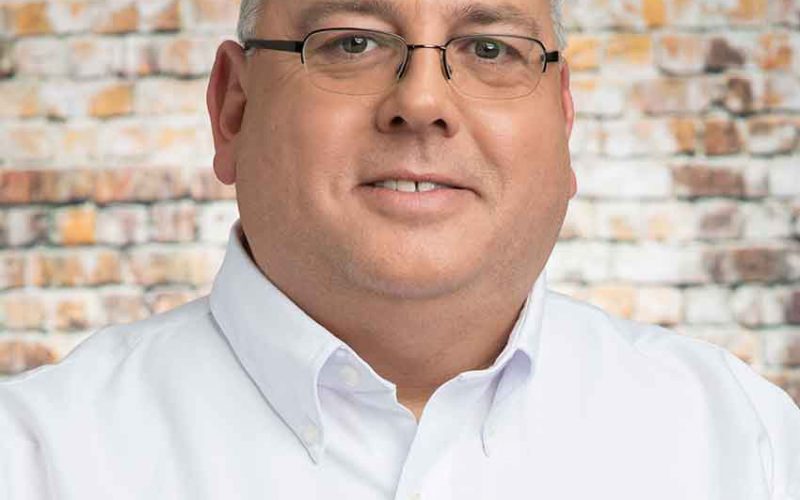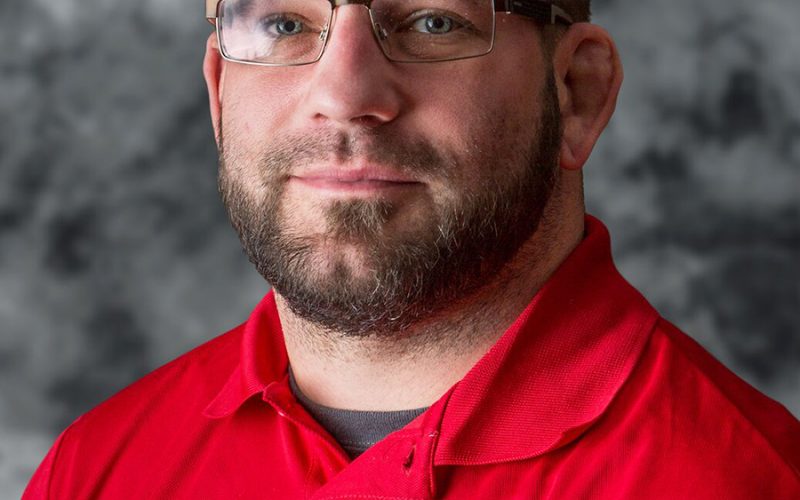Ep.47: An Introduction to LEAN with Doug Howard
Today we’re talking about LEAN in Production. Doug Howard has been helping remodeling companies see how they can make their processes better, cut wasted effort, and streamline their systems for better profits.
In this episode, Doug talks to Tim and Steve about what it can do for your company — especially in Production.
Doug Howard, RA’s director of consulting services, is an entrepreneur, government official and small business consultant with more than 25 years of experience in leading organizations and assisting his client companies.
LEAN is the idea of having principles and practices to fuel continuous improvement.
One of the best things about LEAN is how clear and simple the concepts are to understand — it works as well for small- to medium-sized companies as it does for huge global enterprises. Doug talks about getting from your current state to your future state with fewer steps in your processes, and where to start, including:
- The Eight Wastes, and how to eliminate them
- How to apply the Five Whys to Production to find the root cause
- Addressing the workplace with the Five Ss
- How LEAN works with the Zero Punch List concept
- How it improves the customer experience
- Why LEAN is like a GPS
- Involving your subs in the process
- Conditioning your thought process for the long haul
- And more …
Including Tim’s interpretation of what LEAN stands for. You’ll learn how to build a system that fits your business.
Want to Get LEAN? Online LEAN Course Enrolling Now
Improve Your Profits & Grow Your Business by Mastering Continuous Improvement Through LEAN – This class is designed for you to get the knowledge, tools, hands-on experience and planning processes to leave ready to begin a LEAN effort at your company and the support to get rolling in the first 90 days.
Click Here for More Information >>
What’s on Your Mind?
If you have an idea for a guest or topic for the show, let Tim know at tim@remodelersadvantage.com.












